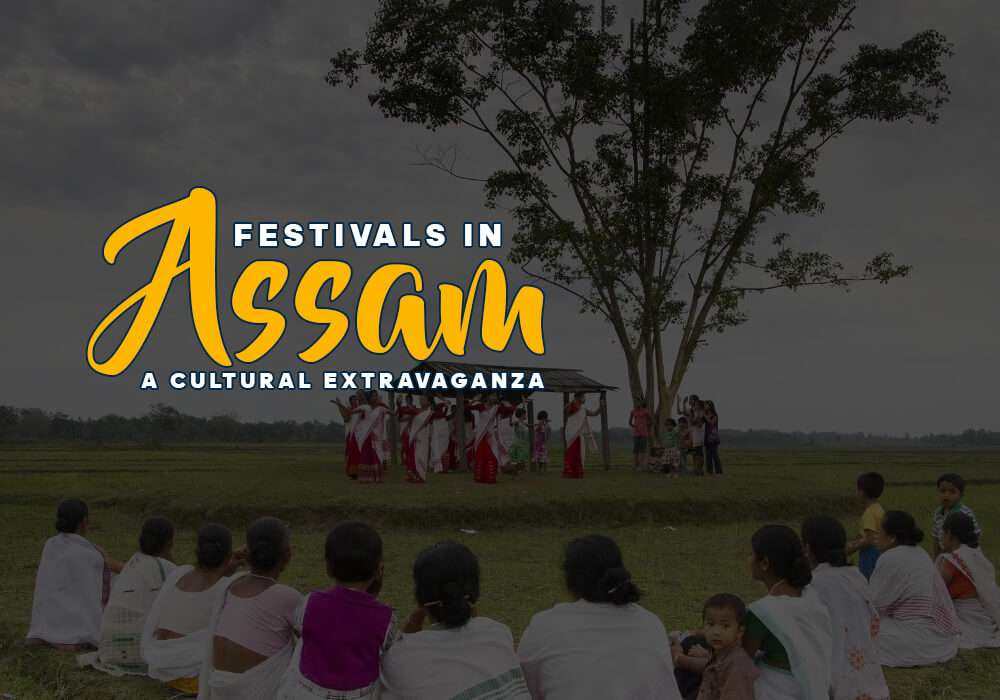
Last Updated At: 04-Jul-2025
Famous Festivals Of Assam You Must Experience In 2025
One of the Seven Sisters, Assam, a state in Northeast India, is known for its vibrant and colourful festivals and fairs. Home to innumerable tribes, the festivals in Assam symbolise brotherhood and unity, bringing together the diversified faiths of the natives here. The festivals are all about celebrating the essence of the truest spirit and keeping traditional values alive. The lovable aspect of the festivals is that these are pretty entertaining and offer tourists spectacularly memorable experiences.
Some key local festivals in Assam are Bihu, Rongker, Karam Puja, Baikho, Baishagu, Me-Dam-Me-Phi, Bohaggiyo Bishu, Ali-Ai-Ligang, Ambubashi Mela, Rajini Gabra Harni Gabra, and Jonbill Mela. Besides, Assamese also celebrate typical Hindu festivals like Diwali, Holi, Durga Pujo, Kali Pujo, and so on. Let’s explore some of the fairs and festivals of Assam.
List of Main Festivals of Assam
Assam is a beautiful state located in the northeastern part of the country. The state is not only known for its beautiful environs but also its cultural and religious diversity. The state organises various festivals based on good harvest, religion, culture, and fun. Let us have a look at some of them.
- Bihu Festival: The Major Festival of Assam
- Rongker: The Traditional Festival of Assam
- Me-Dam-Me-Phi: The Festival of Ahom Community
- Karam Puja: Worshipping the God of Youth
- Baishagu: The Festival of Boro Kacharis Tribe
- Baikho: The Festival to Pray for Abundant Harvest
- Tea Festival: A Festival Signifying Tea
- Ambubachi Festival: A Festival That Commemorates Goddess Kamakhya
- Dehing Patkai Festival: A Festival Marked With Grand Celebrations
- Majuli Festival: A Festival Showcasing Rich Cultural Diversity of the State
1. Bihu Festival | The Major Festival of Assam
This is the main festival of Assam. Assamese, irrespective of their religious faiths and beliefs, caste, or creed, come together to celebrate this festival with joy and enthusiasm. Every year, there are three occasions for celebrating Bihu.
Bohag Bihu. The first one is called Bohag Bihu. It is celebrated in the month of Baisakh, which falls in mid-April. In the local language, Baisakh is called Bohag. This festival, also known as Rongali Bihu, marks the onset of the Assamese New Year. This is harvest time, as spring is around the corner. The first day of Bohag Bihu is known as Goru Bihu, when cows, oxen, and bulls are given a bath with turmeric and are fed vegetables like gourds and brinjals. The ropes are also changed. The festival's second day, which coincides with the Assamese New Year, is called Manuh Bihu. The entire family is clad in new clothes, and traditional festive dishes like pitha’s are made. People visit the homes of their friends and families and exchange gifts.
Kongal Bihu. The second type of Bihu is called Kati Bihu or Kongal Bihu. It is celebrated in mid-October or the Hindu month of Kartik. This is celebrated when the sowing of seeds is completed. This is one of the festivals where celebrations are subtle and toned down. The central entity of the festival is an earthen lamp. The lit lamp is placed near the Tulsi plant, and the entire family offers prayers for a good harvest. Farmers light the Sky Lamp, a special lamp, and place them on bamboo poles in the paddy fields. This way, they keep their crops safe from pests and insects.
Magh Bihu. The third Bihu festival of Assam is called Magh Bihu. This is celebrated in mid-January or the Hindu month of Magh. It is also known as Bhogali Bihu, and this festival is centred around food. It is celebrated to mark the close of the harvest season. On the eve of Magh Bihu, Assamese families feast around a bonfire. In the morning, after a bath, locals torch the Meji, made with wood and bamboo. They gather around the Meji and offer prayers. The Holy Fire is fed Maah Khoral and pithas. This is followed by the traditional breakfast consisting of flattened rice or chira, puffed rice or akhoi, kumol saul, and bora saul. These are eaten with curd, fresh cream, and jaggery.
Also Read - Best Tourist Places To Visit In Assam
2. Rongker | The Traditional Festival of Assam
In the month of April, the festival of Rongker. It is the traditional festival of Assam, observed by the Karbi Tribe. Being spring, it coincides with the Rongali Bihu. The celebrations are mostly centred around pacifying the local deities so that the village remains safe and away from bad omens. It is believed by the locals that the festival help in keeping the residents free from diseases and natural calamities.
The celebrations go on for three days. Since rituals must be performed together for the village's safety, all residents contribute to the expenses. Ten earthen altars are positioned where the rituals are performed in the south-north direction. There are four types of rituals that are performed during the entire duration of the festival. The main rituals are performed by the priest and assisted by the headman. Once the deities are worshipped, meals are offered to them, and it is then followed by a feast in which everyone from the village participates. Another interesting aspect of this festival is rongphu-rongling-kangthin, in which it is believed that all the evil spirits are forced to leave the village. At night people dance to drive out the spirits, and a chicken is sacrificed and offered to the deity.
The menfolk conducts the entire ritual. Women are not a part of the religious ceremonies. Also, husking, agricultural activities, etc., are forbidden during this time.
3. Me-Dam-Me-Phi | The Festival of Ahom Community
This is a famous festival of Assam celebrated by the entire Ahom community. On 31st January every year, the Ahoms dress up in their traditional finery and take out colourful processions. The festival's purpose is to network within the local community and develop social contacts.
‘Me’ stands for worship, Dam denotes the dead, and Phi means God. As per the Ahom community, there is no rebirth cycle when a person dies. The dead body is kept in a box. During this festival, people pray for their dead ancestors so that they become ‘Phi’ or God. The festival is mostly celebrated in the districts of Lakhimpur, Dibrugarh, and Sivasagar.
As per the locals, it is believed that if the festival is not observed traditionally, the gods can get angry, and there could be trouble for the entire state. They fear that in such a case, there could be natural calamities, infighting, wars, militancy, etc., that can harm human lives.
Therefore, great care is taken to observe the festival customarily.
4. Karam Puja | Worshipping the God of Youth
All the tea-growing tribes in Assam celebrate the Karam Puja on the 11th day of the full moon in the Bhado month as per the Hindu calendar. This usually falls between August and September. In this festival, the Karam Tree, which represents the Karam God or the God of youth, is worshipped. Prayers are offered to God for a good harvest and to keep everyone safe and sound. Before the puja, a few selected unmarried girls fast for three days. This is known as Karam Nachis.
After the girls break their fast, the main rituals begin. Everyone heads to the forested area while dancing and singing. The beat of drums accompanies the folk songs. Jhumur dance is performed. After this, a branch of the worshipped Karma Tree is brought back and planted in the chosen courtyard. It is then covered with mud and cow dung. People dance and sing around the branch the entire day. After the religious rituals, there’s a feast where adults drink the local haria.
5. Baishagu | The Festival of Boro Kacharis Tribe
This is a famous festival of Assam celebrated by the Boro Kacharis tribe. In mid-April, the Boros celebrate the springtime or the advent of the Assamese New Year during this festival. Cows, considered holy by the Boros, are bathed and offered prayers. On the second day of the celebrations, the younger folks seek the blessings of their elders. Lord Shiva or Bathou is offered the native chicken dish and local rice beer.
There’s much pomp and show, with folk dances accompanying the celebrations. Bagurumba dance is performed where everyone joins in irrespective of age or gender. The tribe uses traditional musical instruments like the gogona, khawbang, Kham, siphung, tharka, and jotha. Towards the end, the people of the village gather at a particular spot outside the village to offer community prayer to their deities. This is followed by a feast and merrymaking.
6. Baikho | The Festival to Pray for Abundant Harvest
This is another famous festival in Assam celebrated by the Rabhas, a Tibeto-Burman community residing in Lower Assam. This annual festival augments an auspicious harvest season. In accordance with ancient traditions, the tribal people worship the gods for good health and abundant harvest. Like all other festivals in Assam, there’s singing and dancing and a riot of colourful displays to mark the festival.
Religious rituals are performed to drive away evil spirits. The rain gods are worshipped for ample rain. The community then dresses in traditional attire and dances with the drums beating in the background. Once the sun sets, bamboo bundles are lighted, and the priests offer prayers to the gods. The priest then walks across the hot, burning coals, and the women folk wash his feet. People smear their faces with rice flour. This is followed by dancing and singing. Games are played, and feasts are organised.
7. Assam Tea Festival | A Festival Signifying Tea
This is another traditional festival of Assam. The festival is celebrated in the Jorhat district in Assam between November and January. The Assam Government’s Tourism Department organises it. The festival was started to increase awareness of the significance of tea in the state. Over the years, it has attracted many tourists participating in the festival's events.
As with other Assam festivals, this is also about fun and gaiety. There’s music, dance and, of course, a lot of tea. Tourists can participate in innumerable activities like a tea garden stroll, jungle safaris, tasting the local delicacies, heritage site tours, food fests, traditional fairs, playing golf, etc. Rafting and angling are options for the dare-hearted ones. Plus, there’s the handicrafts market from where visitors can buy souvenirs.
Also Read - Top 10 Tea Estates In Assam
8. Ambubachi Festival | A Festival That Commemorates Goddess Kamakhya
This is a 4-day-long festival celebrated in the month of June. The festival is dedicated to Goddess Kamakhya. As per mythology, during the first three days of the festival, the Goddess Kamakhya goes through a menstruation cycle. On the fourth day, various rituals are followed after a proper consecration ceremony. The festival is held within the Kamakhya Devi temple. It is the best time to know more about the Assamese culture.
9. Dehing Patkai Festival | A Festival Marked With Grand Celebrations
Organised by the Government of Assam, Dehing Patkai Festival is an amazing festival celebrated in Lekhapani, Tinsukia District of Assam. It is held in January, and the celebrations are nothing less than grand. Sports lovers can enjoy activities like kayaking, parasailing, etc. Plan a tea tour and know more about the tea culture of Assam. It is also the best place to shop for typical Assamese handicraft items. This colourful festival also offers a chance to enjoy an elephant safari, which allows visitors to soak in the beauty and vibrancy of the state.
10. Majuli Festival | A Festival Showcasing Rich Cultural Diversity of the State
Assam is a beautiful state blessed with scenic beauty, rich cultural heritage, diversity, and more. The Majuli festival is another one on the list of festivals in Assam that one must try to attend to understand the cultural richness of the destination. It is the perfect time to enjoy performances by local talent, check out traditional attire, and enjoy lip-smacking Assamese cuisine. Check out local handicrafts, authentic cuisines, and artefacts that make Assam a culturally rich destination.
Festivals bring out the best of the destination in terms of cultural diversity, religious significance, and local talent. Do you wish to attend any of the festivals? If yes, look no further than Adotrip, a leading travel solutions provider. Enjoy exciting flight deals, amazing tour packages, hassle-free hotel bookings, and more under one roof. Gain more insights into regional and international destinations through our informative blogs. Plan a trip to any part of the world and create lovely memories. With us, nothing is far!
Frequently Asked Questions About the Main Festivals in Assam
Ques 1. What is the famous festival of Assam?
Ans 1. Assam organises and witnesses various festivals. Some of the most prominent festivals are
- Bihu Festival
- Rongker
- Me-Dam-Me-Phi
- Karam Puja
- Baishagu
- Baikho
- Tea Festival
- Ambubachi Festival
- Dehing Patkai Festival
- Majuli Festival
Ques 2. Which is the religious festival of Assam?
Ans 2. Most of the traditional festivals of Assam are religious by nature. Me-Dam-Me-Phi can be considered a religious festival for the state as the people of Assam offer prayers for their dead ancestors and pray for their elevation to godly status.
Ques 3. How many Assam festivals are there?
Ans 3. Assam has innumerable festivals. Some of them are-
- Bihu Festival
- Rongker
- Me-Dam-Me-Phi
- Karam Puja
- Baishagu
- Baikho
- Tea Festival
- Ambubachi Festival
- Dehing Patkai Festival
- Majuli Festival
Ques 4. What is the tea festival in Assam?
Ans 4. This is the festival during which the Tourism department holds several events for the locals and tourists to increase awareness about tea.
--- Published By Adotrip
Latest Blogs
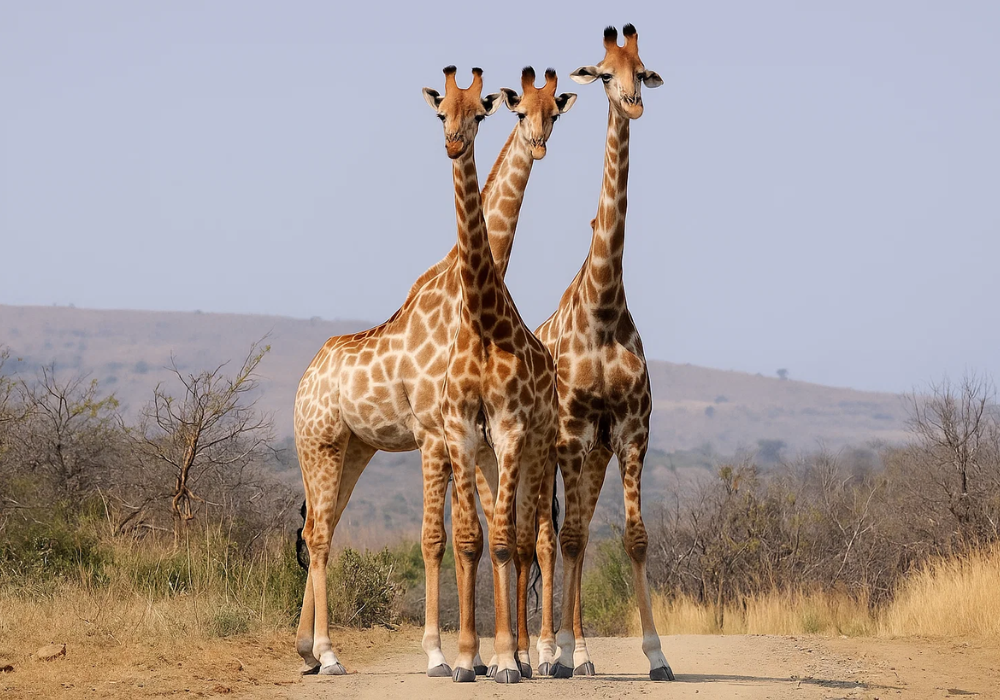
Cash in the Wild: My Safari Adventure Across Kenya with Only...
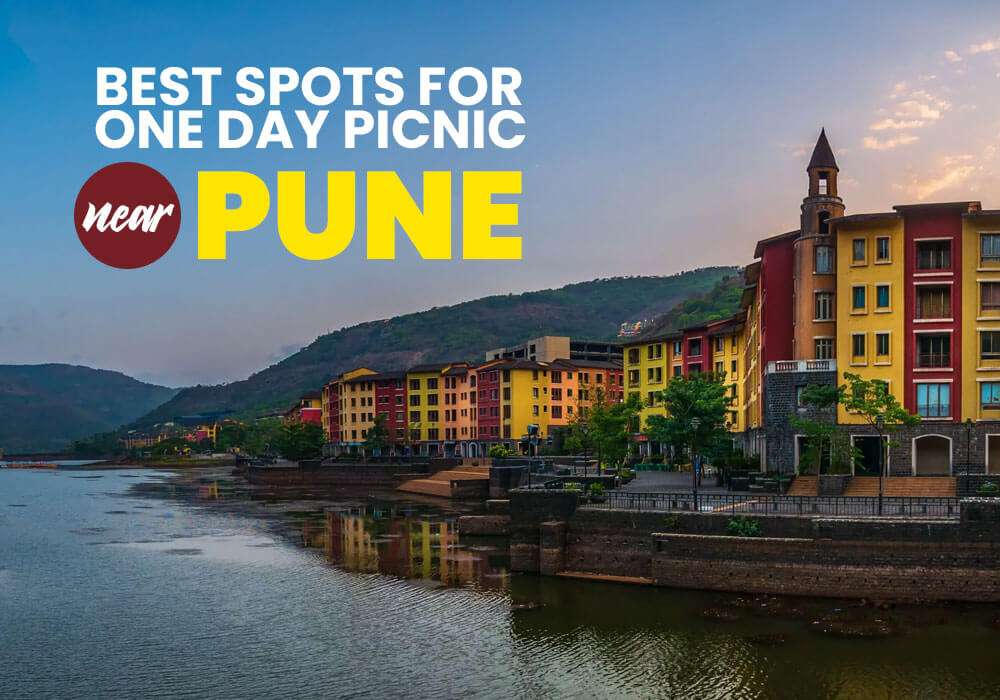
One Day Picnic Spot Near Pune - Adventure, Trekking and Natu...
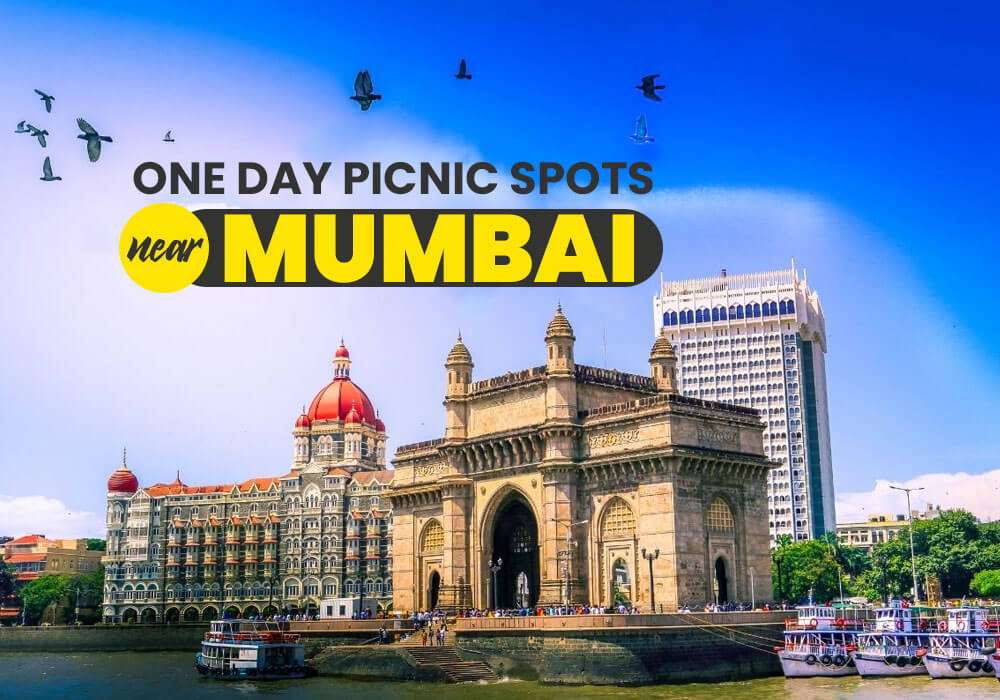
One Day Picnic Spots Near Mumbai - Monsoon, Adventure, Beach...
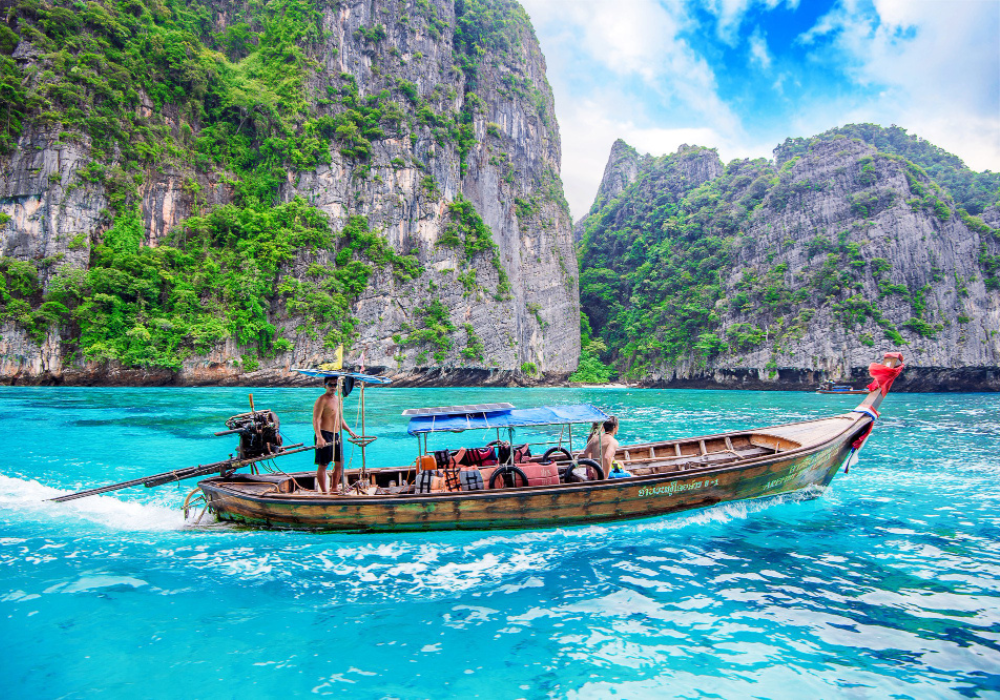
The Best Places to Go in Thailand in 2025
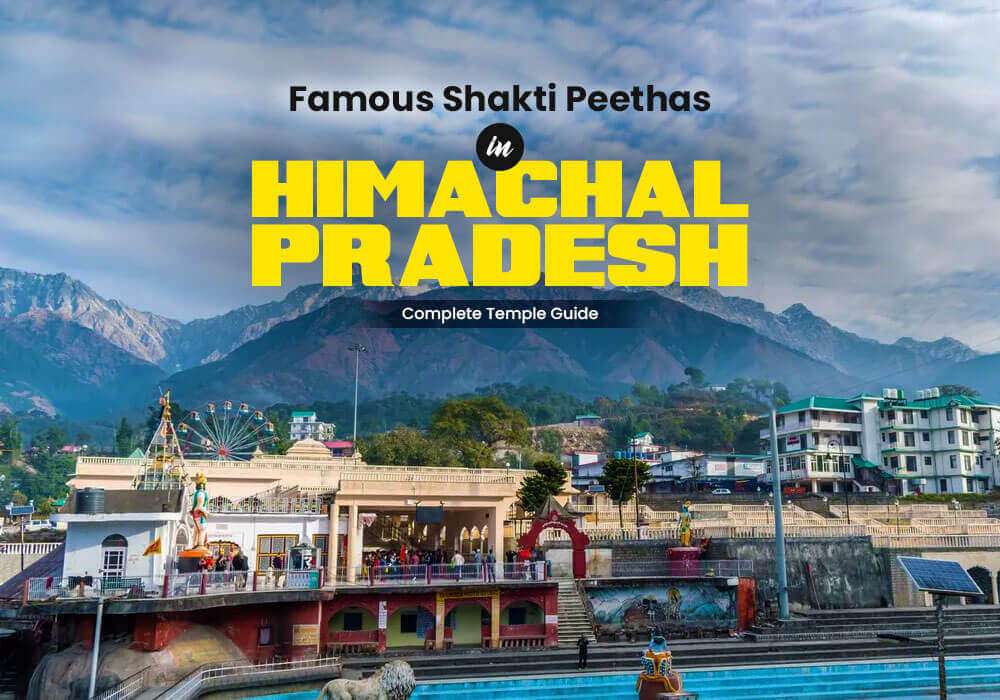

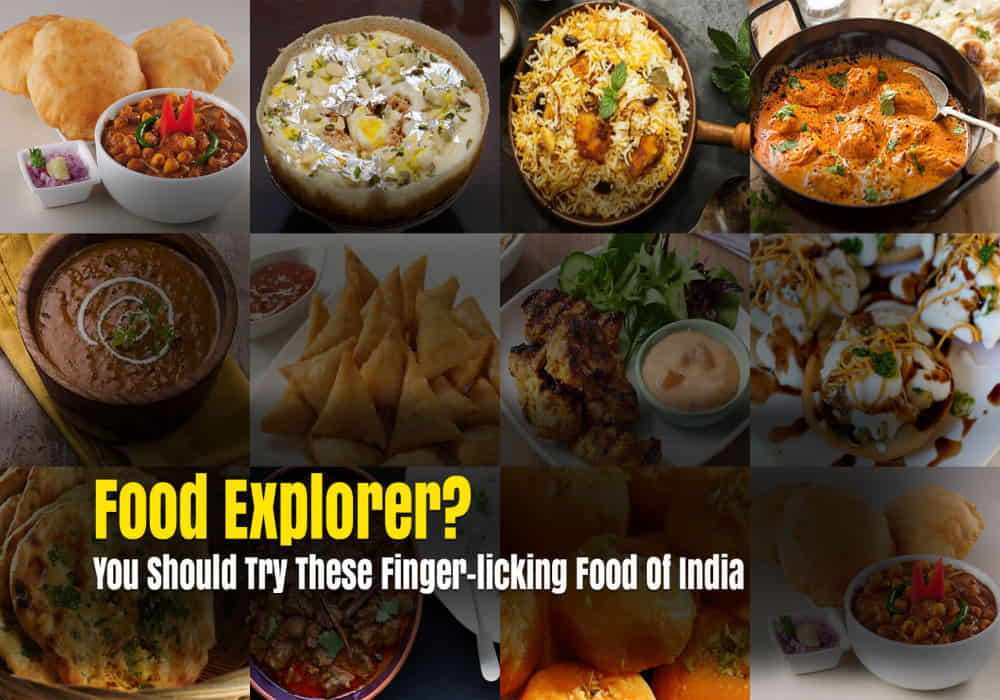
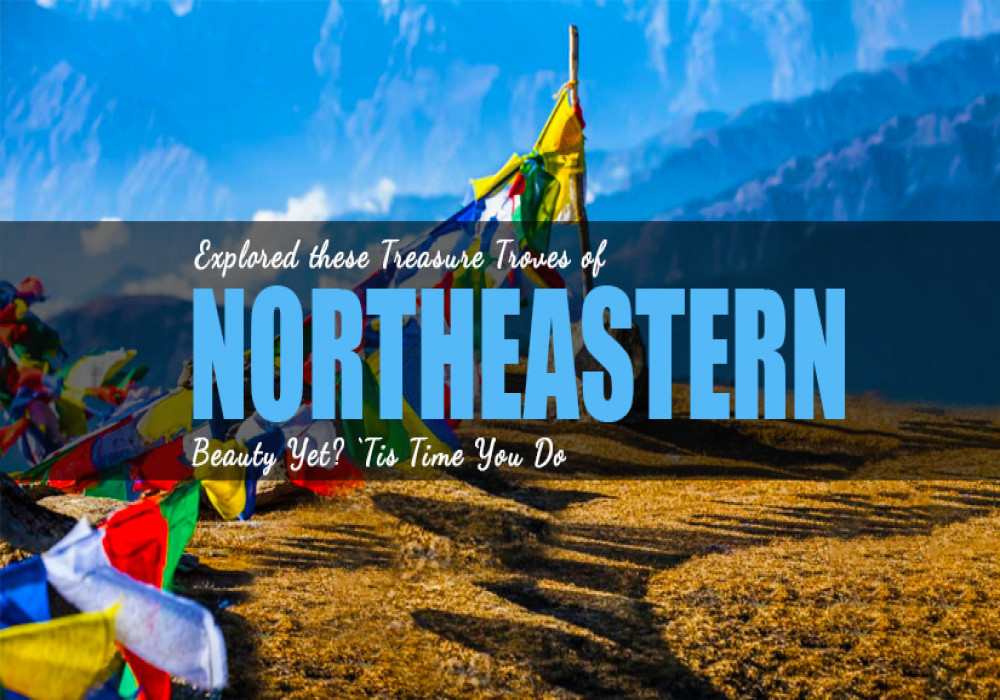
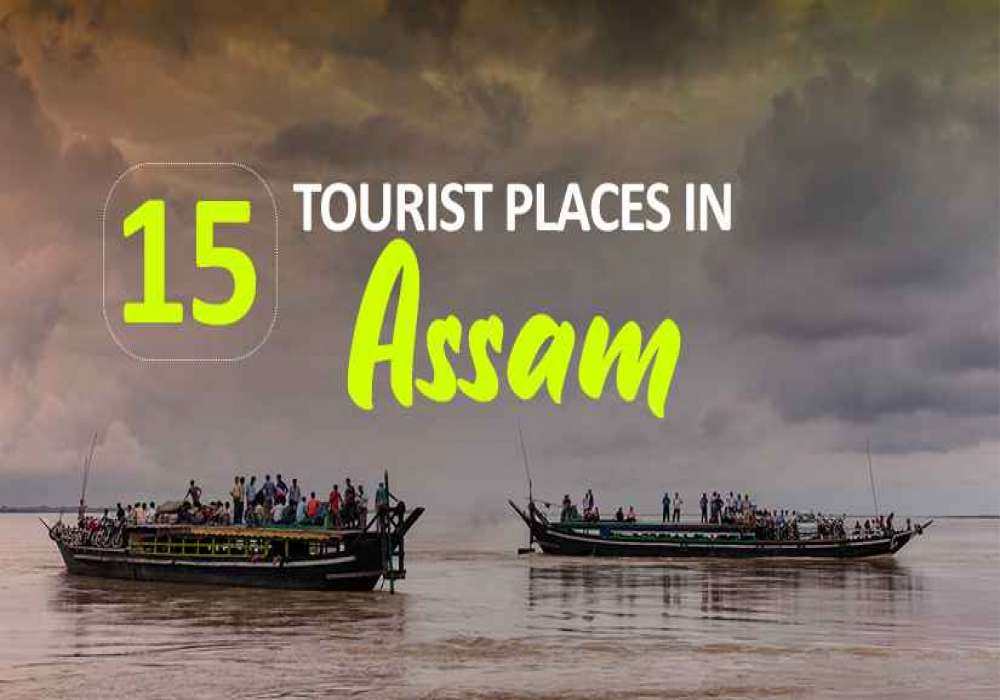
.jpg)
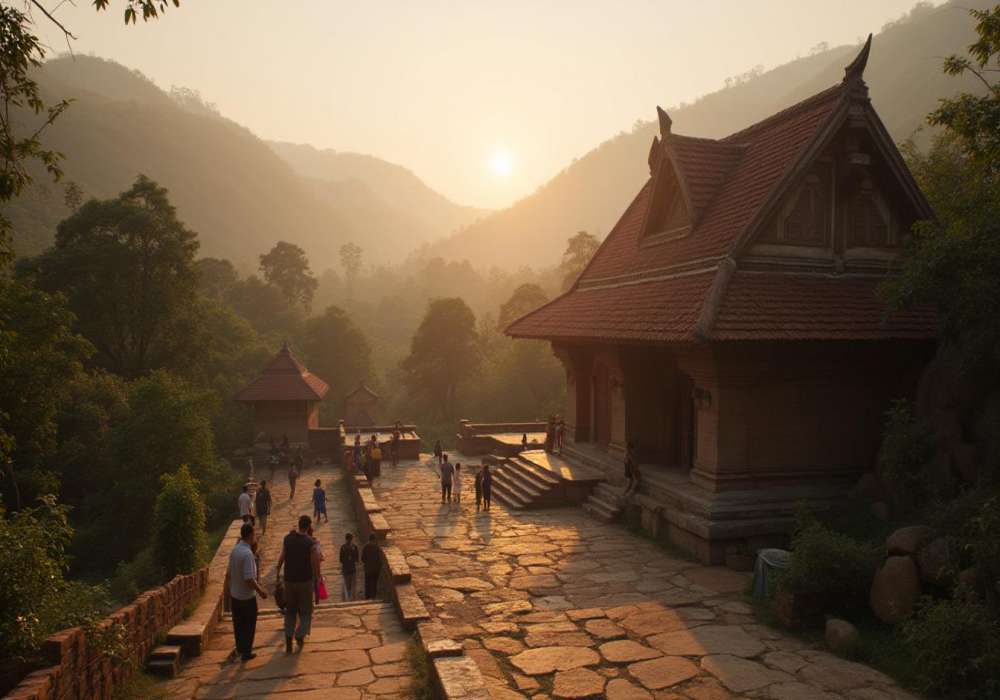
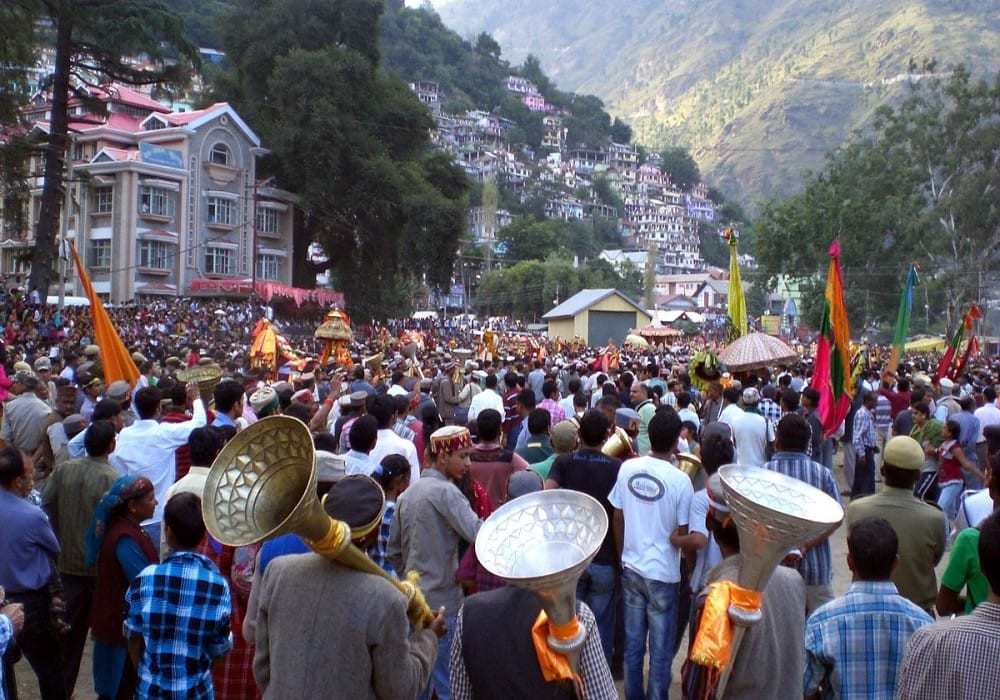



.jpg)
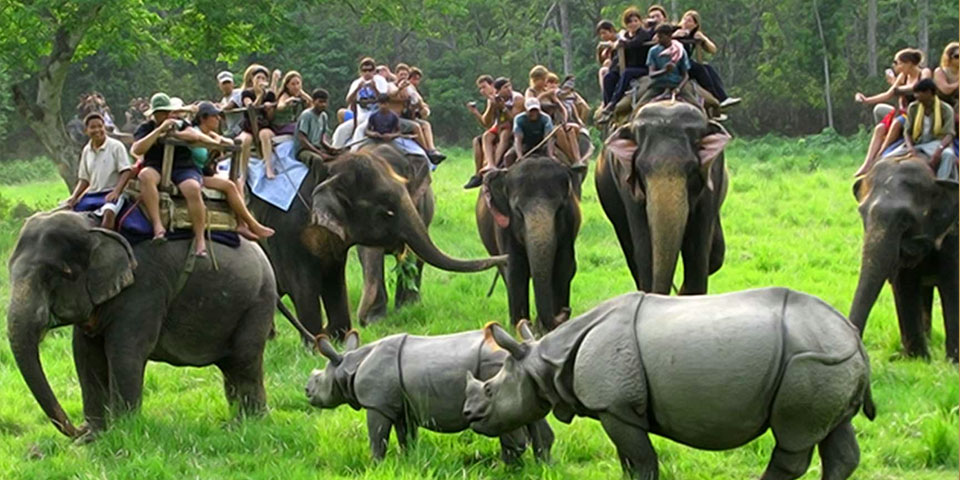
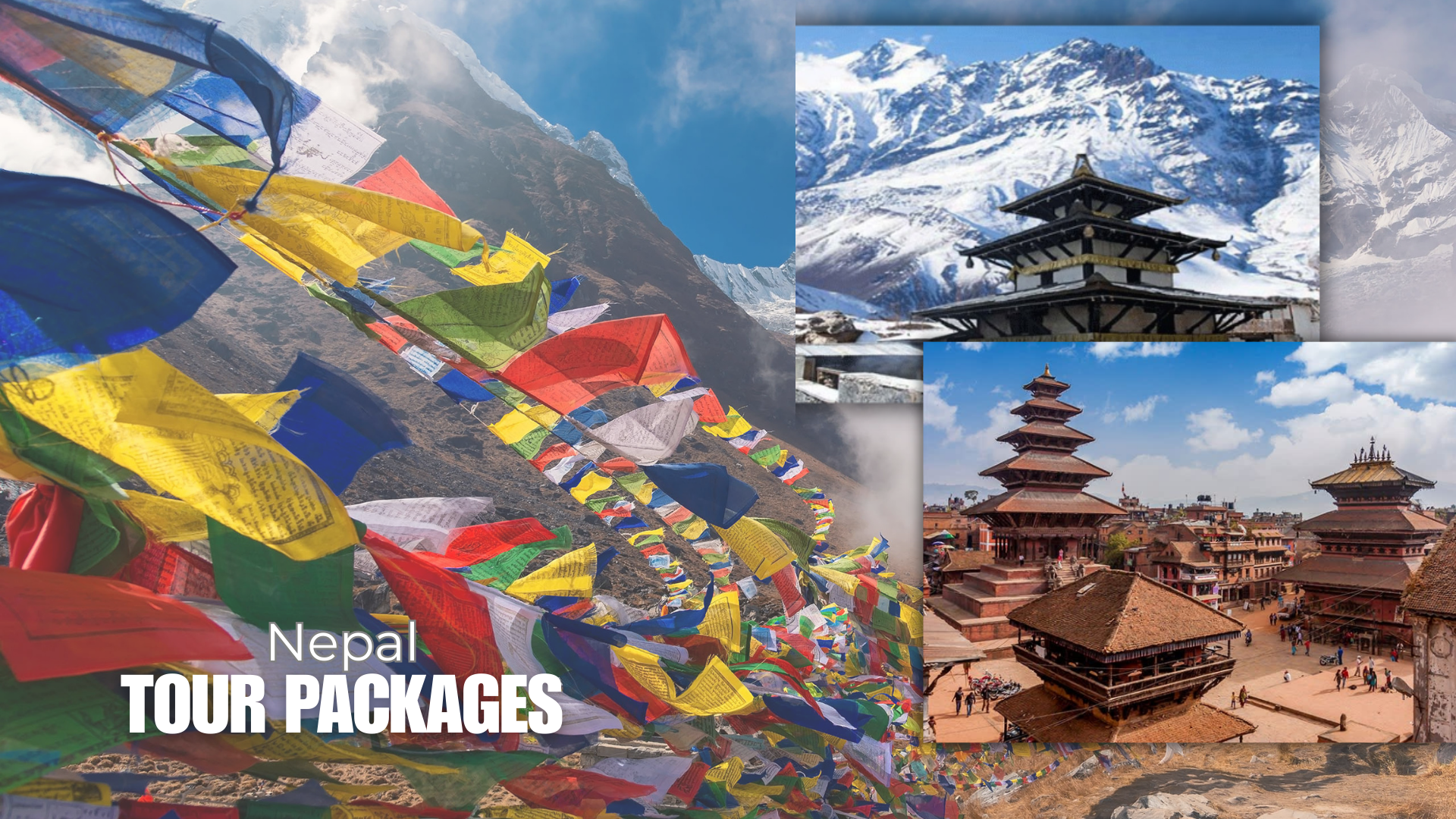
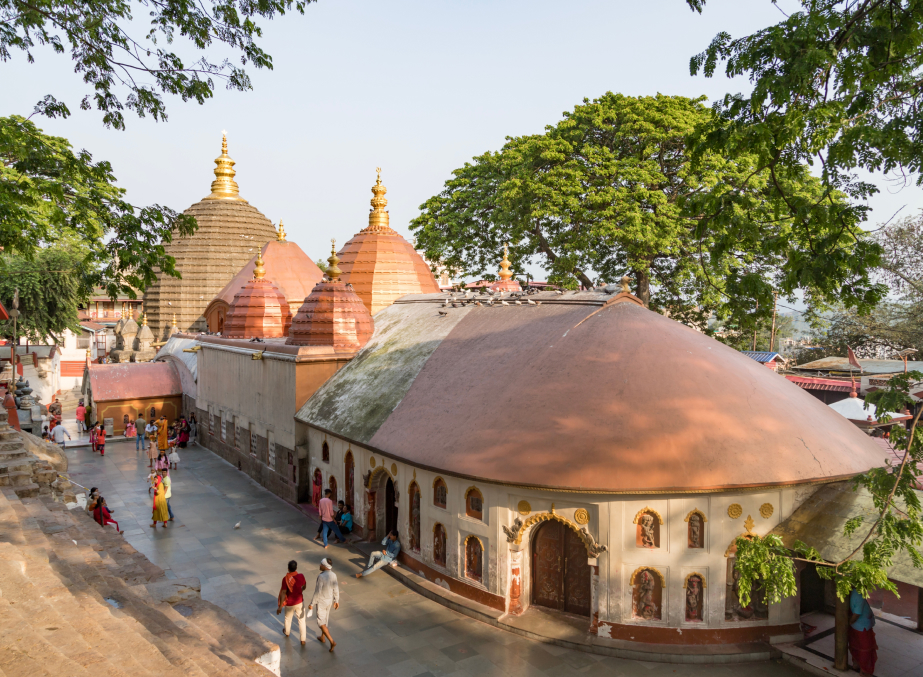
 Dubai
Dubai Malaysia
Malaysia USA
USA





